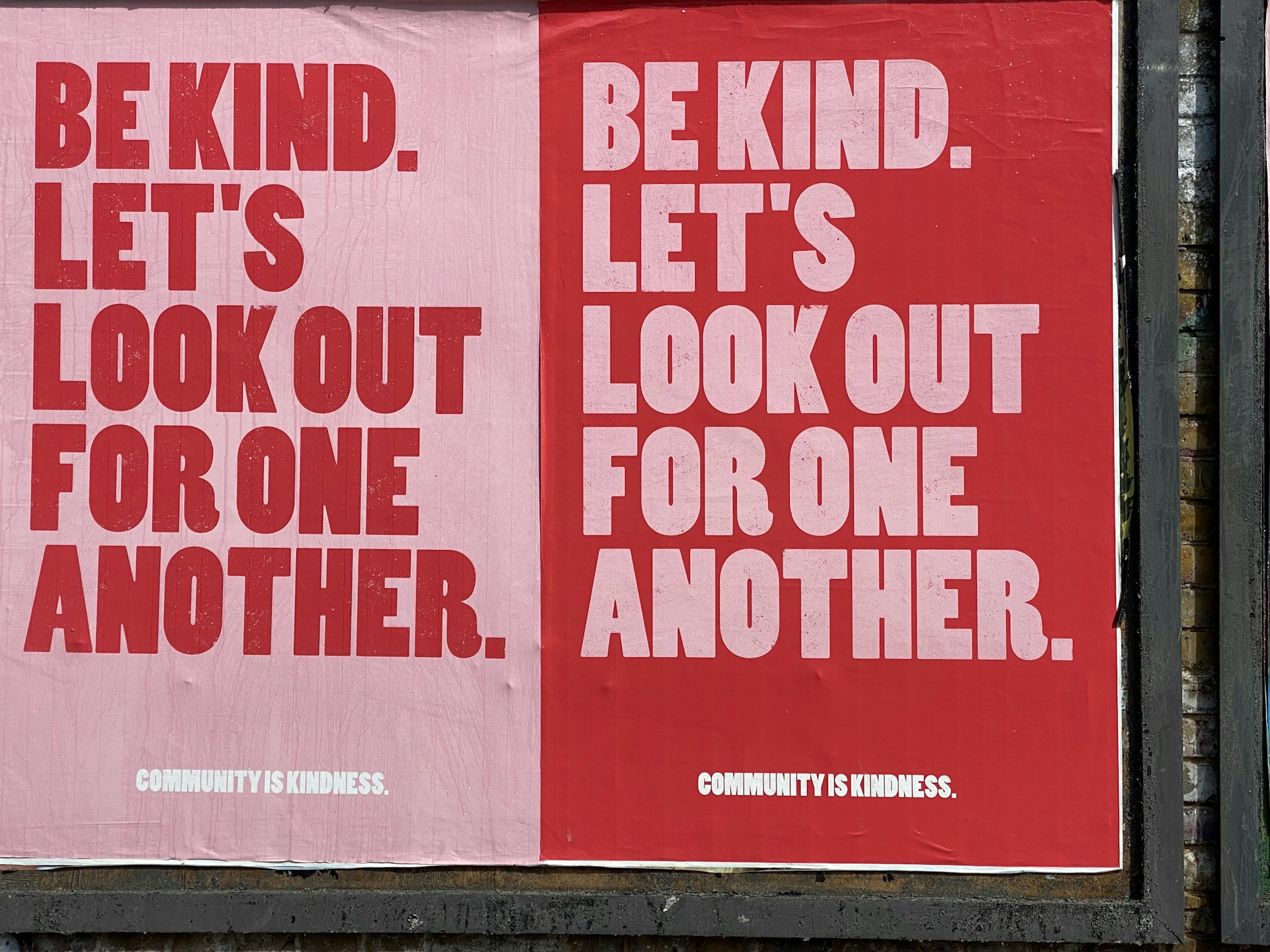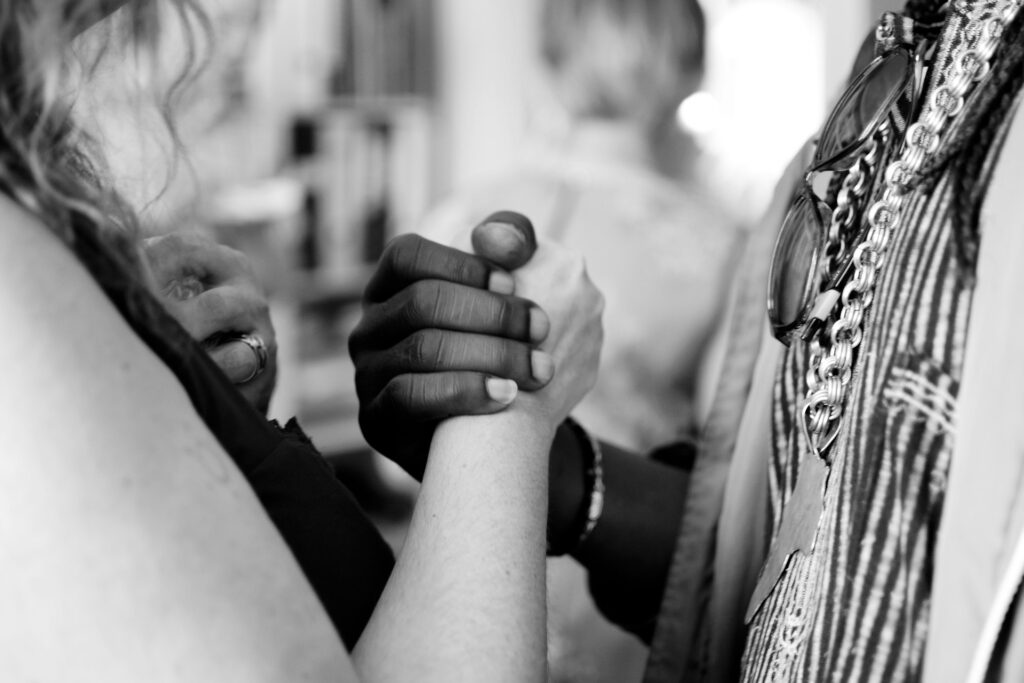
Body + Mind is reader-supported. We may earn an affiliate commission when you buy through some of the links on our site.
The simplest gesture can have profound effects on another. When a friend is going through difficult times, lending them an ear without giving unsolicited advice can make them feel seen and heard in deep and meaningful ways. It’s a straightforward act of compassion and understanding, capable of lifting the weight of their troubles. But what does compassion mean?
Notice the part where you don’t deliver your wisdom — instead, you gift them your presence in a safe and quiet space. Compassion goes beyond words of encouragement — it’s motivation to act on another’s behalf. Here’s an exploration of the meaning of compassion, its transformative effects on the world and ways to cultivate it in your life.
A compassionate person is sensitive to other people’s suffering. However, they don’t just show them sympathy — they do what they can to make a difference in their lives. Compassion has several layers, though. Here’s what it really looks like.
Although only 1%-2% of the population are true empaths, anyone can empathize with others. Empathy is the ability to walk a mile in someone’s shoes — to feel what they’re feeling by imagining yourself as them. Highly developed empaths can even feel sensations by watching a person touch another.
Most people struggle to attune to someone else’s suffering. Yet, this trait comes naturally for most empaths. Empathy motivates you to act, but empathy fatigue may hinder those efforts, even causing you distress.

Essentially, empathy gives rise to shared suffering. You may not go through exactly what the other person is going through, but you can resonate with the feelings emotionally. Shared suffering isn’t always easy to cope with, but it deepens connections and cultivates a greater sense of humanity.
For instance, becoming a mother may make you feel isolated even when surrounded by loved ones. Joining a “mom group” allows you to talk about the struggles of being a new mom and bond with other moms going through similar hardships. While you may not all endure the exact same experiences, you can find solace in the shared feeling of overwhelm.
On the surface, compassion creates a kinder world. It helps you identify shared humanity — what connects everyone — and strengthen community and individual bonds. When you grasp interconnectedness, you are more inclined to offer comfort and assistance to people in need.
Likewise, compassionate interconnectedness showcases your vulnerability to suffering, breaking barriers and underscoring the idea of “finding a way out” together.
Sympathy offers a much more passive response to someone’s suffering. You may feel sorry or worried about them, but it ends there. Conversely, compassion inspires you to act to end whatever they are going through.
However, you’re not just interested in helping them — you follow through. Acts of kindness can be as significant as hosting a fundraiser for a neighbor struggling with their bills or offering your seat on the bus to someone pregnant.

During significant events — such as natural disasters or public health crises — the population tends to show more compassion toward each other. For instance, studies show people grew more compassionate during COVID-19 amid the shared suffering and distress worldwide.
Neighbors delivered groceries to their older adults’ doorsteps, while others offered free child care to essential workers. Even the simple act of wearing a mask to prevent the spread of COVID-19 was an act of kindness.
Compassion is transformative. Moving through your discomforts and confronting biases makes all the difference. Large-scale movements like Time’s Up, Me Too and Black Lives Matter (BLM) were born from compassion and empathy. Following the death of George Floyd in May 2020, calls for racial justice grew to fight police brutality against people of color.
Even Tarana Burke — creator of the Me Too movement — says its mission is “empowerment through empathy” to bring women together through their shared experiences with sexual violence.
Compassion breaks down walls and bridges divide, allowing wounds to heal and new policies to take form that improve our quality of life. For instance, you can resolve inequality, discrimination, poverty, conflicts and environmental issues through collective compassion and a desire for change. Understanding and subsequent action transform the world into a more harmonious place.

Compassion may be easier to manifest than empathy — and better for your mental health. Consider it this way: You pass someone stuck in a ditch — if you’re empathetic, you’ll jump in with them, ultimately getting yourself stuck. If you’re compassionate, you’ll imagine yourself in their shoes and search for a rope to pull them out instead.
It’s no wonder you would want to become more compassionate — it feels good to show up for others. Follow these tips to foster kindness, understanding and action:
The opportunities for developing compassion are endless and can trickle down into your personal and professional life. Perhaps most importantly, demonstrating compassion encourages others to be more compassionate, too.
You don’t need to overthink compassion. Small gestures add up, making a significant difference in everyone’s lives. Showing the world more kindness and understanding alleviates suffering for you and others. Embrace a heartfelt connection with the world by learning to be a more compassionate person.
Your email address will only be used to send you our newsletter, and at any time you may unsubscribe. For more information, see our Privacy Policy.